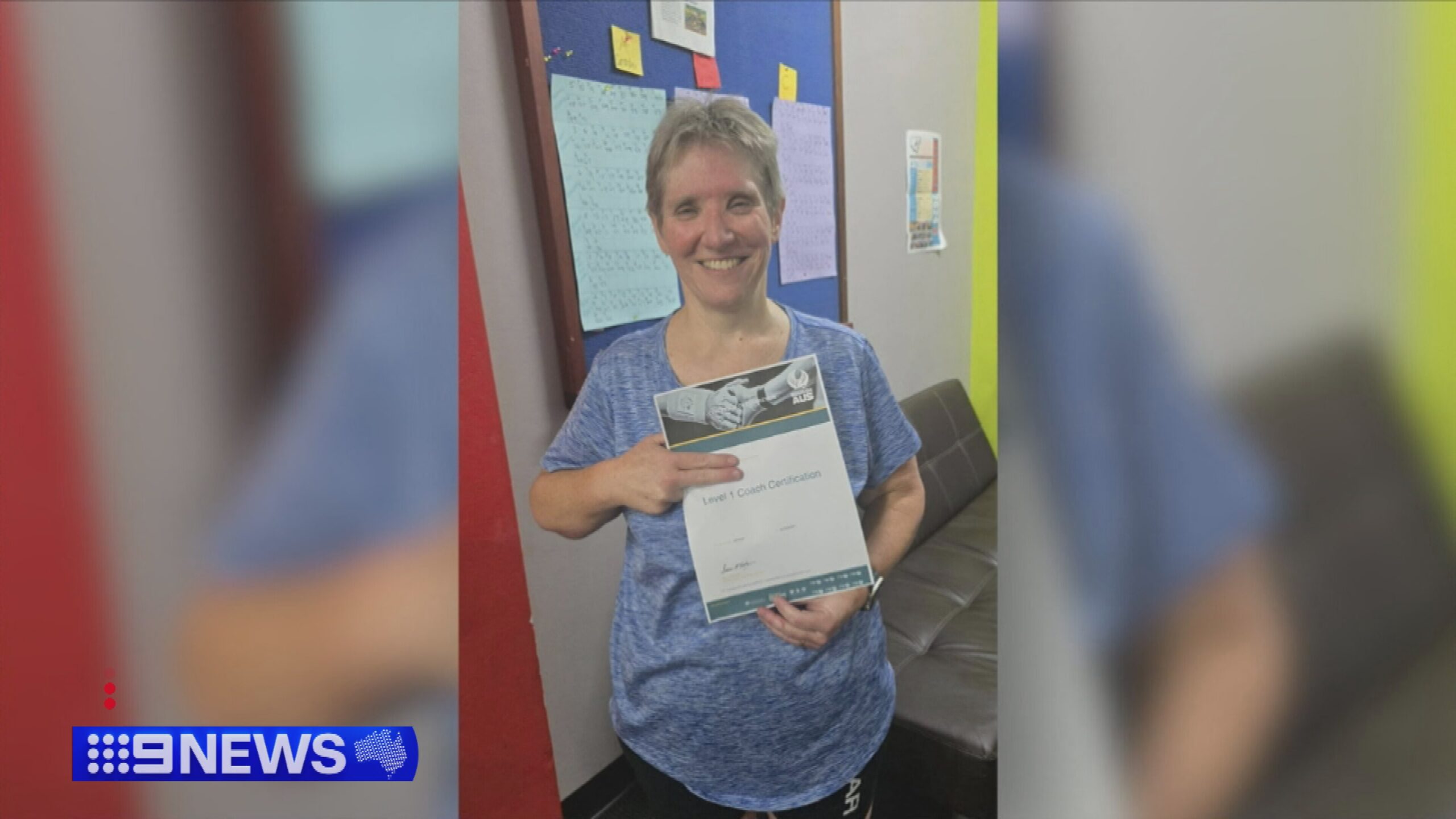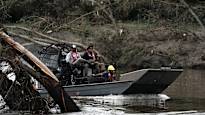In a small town nestled in the rolling hills of England, a quaint cottage is causing quite a stir among house hunters. The location of this charming abode seems to baffle those seeking a new place to call home. But while property news may captivate our attention momentarily, a far more gripping tale unfolds in a distant land where tragedy struck with ferocious claws.
The news broke with a chilling headline that sent shockwaves through Queensland, Australia. A woman had been mauled by a lion, losing her arm in a brutal attack. The victim’s identity added another layer of complexity to the already harrowing incident – she was none other than the sister-in-law of the zoo owner.
As the details of the attack emerged, the public was left reeling with a mix of horror and disbelief. How could such a catastrophic event unfold in a supposedly controlled environment? Experts weighed in, shedding light on the complexities of animal behavior and the inherent risks associated with wildlife interactions.
Dr. Jane Carter, a wildlife biologist, highlighted the importance of understanding the natural instincts of animals kept in captivity. “Even in well-managed zoos, the unpredictable nature of wild animals can pose significant dangers,” she cautioned.
The incident sparked a broader conversation about the ethical considerations surrounding zoos and their role in conservation efforts. While zoos aim to educate and raise awareness about endangered species, incidents like the lion attack raise questions about the welfare of captive animals and the safety of both visitors and zoo staff.
Professor David Wong, a zoology expert, emphasized the need for stringent safety protocols in zoos. “Ensuring the well-being of both animals and humans should be the top priority for any zoological institution,” he asserted.
As the community grappled with the aftermath of the tragic event, calls for increased regulations and oversight in zoos grew louder. The incident served as a sobering reminder of the delicate balance between conservation efforts and the need to prioritize safety and welfare.
In the wake of the lion attack, the sister-in-law’s road to recovery became a symbol of resilience and strength. Her journey of healing and adaptation resonated with many, inspiring a sense of unity and support within the community.
Dr. Sarah Collins, a psychologist specializing in trauma recovery, highlighted the importance of psychological support for individuals facing life-altering experiences. “The human spirit’s capacity to overcome adversity is truly remarkable,” she noted.
As the sun set on the horizon, casting a golden hue over the town, reflections on the interconnectedness of life and the fragility of existence lingered in the air. The story of the woman who lost her arm in a lion attack served as a poignant reminder of the unpredictable nature of our world and the resilience of the human spirit in the face of adversity.
In the end, as we contemplate the complexities of our relationship with the natural world, may we find solace in the bonds that unite us and the strength that emerges from the darkest of moments.









Leave feedback about this